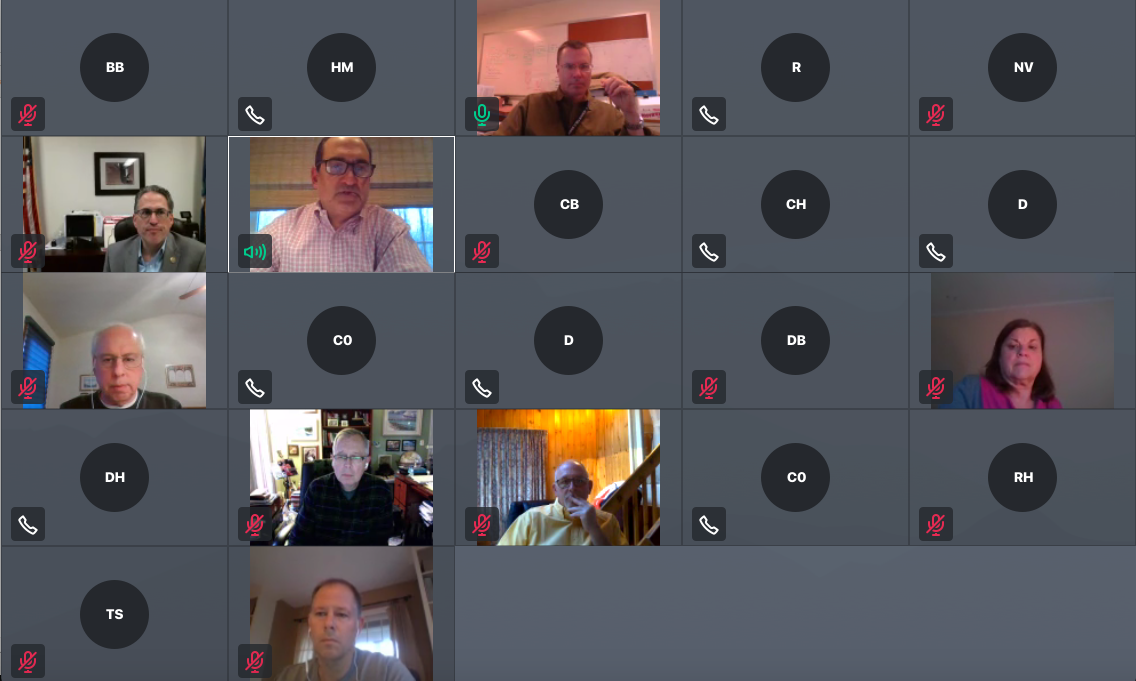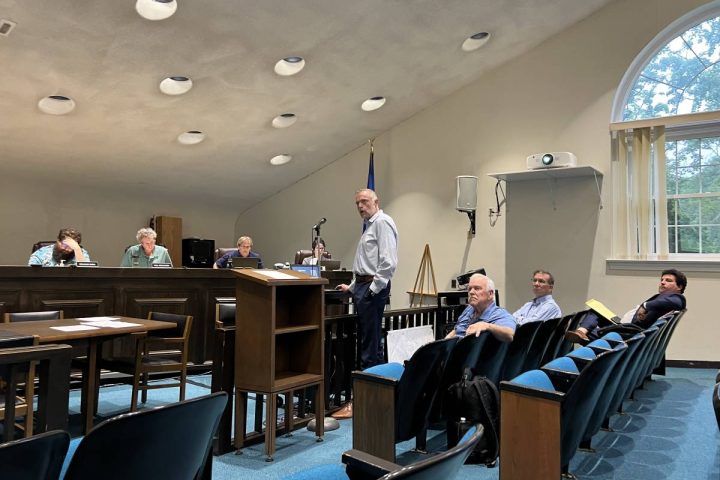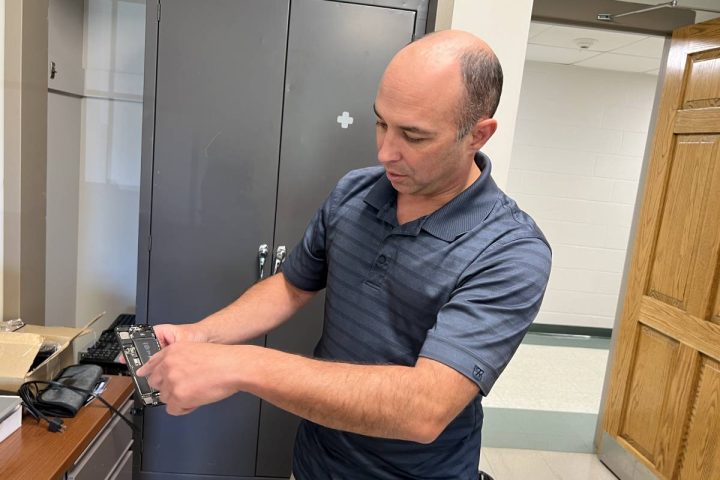MONROE, CT — Many residents who lost their jobs or hours amid the coronavirus pandemic are bracing for the impact from their new bills for real estate, motor vehicle and personal property taxes.
In an executive order, Gov. Ned Lamont gave municipalities two options to provide some flexibility for taxpayers. One extends the deadline to pay from July 1 to Oct. 1 with no interest and the other lowers the annual interest rate for delinquent taxes from 18 to three percent.
Towns can choose to offer one or both of these programs.
On Thursday, First Selectman Ken Kellogg asked the Board of Finance to make a recommendation to the Town Council, before the council decides what Monroe will do.
Board of Finance Chairman Michael Manjos expressed concerns over the deferment program because, in the worst case scenario, if participation is high enough, the town could run out of money.
“We’d have to find other ways to raise revenue and to do some draconian things,” he said. “I’m comfortable with the interest rate program. It’s not as much trouble as what a deferment could be.”
Kellogg asked the finance board to come up with a recommendation by April 16, so Town Council members can consider the input when they make their decision at a special meeting to be scheduled for the week of April 20.
The deferment program would extend the deadline and “normal” grace period to pay taxes due on July 1, 2020 to Oct. 1, 2020 without any interest.
In a memo to the finance board, Kellogg said it does not address taxes that are already past due. It may be opened up to all taxpayers without distinction, causing a “significant economic impact” and the tax collector would have the added workload of filing and processing the applications.
The low interest rate program reduces the statutory interest rate for delinquent taxes from 18 percent per year (1.5 percent a month) to three percent per year (0.25 percent a month). Taxes due on July 1, 2020 would still have a grace period to Aug. 3, 2020 with no interest. Taxes paid from Aug. 4 to Oct. 2, 2020 would be subject to the lower interest rate.
Other than landlords, there is no eligibility criteria. Any taxes already delinquent as of March 10, 2020, would be subject to the lower interest rate from April 1 to July 1, 2020.
Budget dates set
The $91.5 million town budget proposal for fiscal year 2020-21 carries a projected 2.6 percent tax increase — but that may change before the Board of Finance completes its review and adopts a new budget and tax rate.
The current proposal includes $59.5 million for education and $31.9 million for town services. It carries a 4.01 percent spending increase for Monroe’s schools and 0.6 percent for town services.
Though taxpayers will not vote on the budget at a referendum this spring due to the governor’s executive orders, there will be opportunities to make their voices heard.
The Board of Finance decided to hold two remote public hearings electronically before finalizing the budget. The first will be on April 23 and the second on May 14. On May 14 the Board of Finance will finalize the budget.
Residents will have another chance to speak when a Town Meeting is held sometime between June 2 and 5, when the finance board will vote to adopt a final budget and set the mill rate.
“I appreciate you affording the public another opportunity to speak,” Kellogg said of having two hearings.
The first selectman said an email address will be created for people to provide input on the budget, ask questions and express any concerns. Submissions will be routed to Kellogg, Finance Director Ron Bunovsky, Deputy Finance Director Heidi Meade and all Board of Finance members.
Kellogg also asked that emails be read into the record during the hearings for those who cannot attend.
The first selectman said his staff will release the email address this week and work on noticing the public hearings.
Revenue models
During a virtual Board of Finance budget workshop held on GoToMeeting Thursday, members agreed there was insufficient information to do a thorough review of the budget.
“We didn’t get into the meat and potatoes, because things aren’t normal at this point,” Manjos said.
The uncertainty the Board of Finance faces includes questions over what revenue to expect at a time when the global coronavirus pandemic has led to the closing of public buildings and services as people practice social distancing at home.
Manjos anticipates people will have a difficult time paying their taxes and board members are reluctant to borrow money for capital projects due to uncertainty in the bond market.
At the direction of the board, Bunovsky and Meade created revenue models for best, worst and medium case scenarios.






